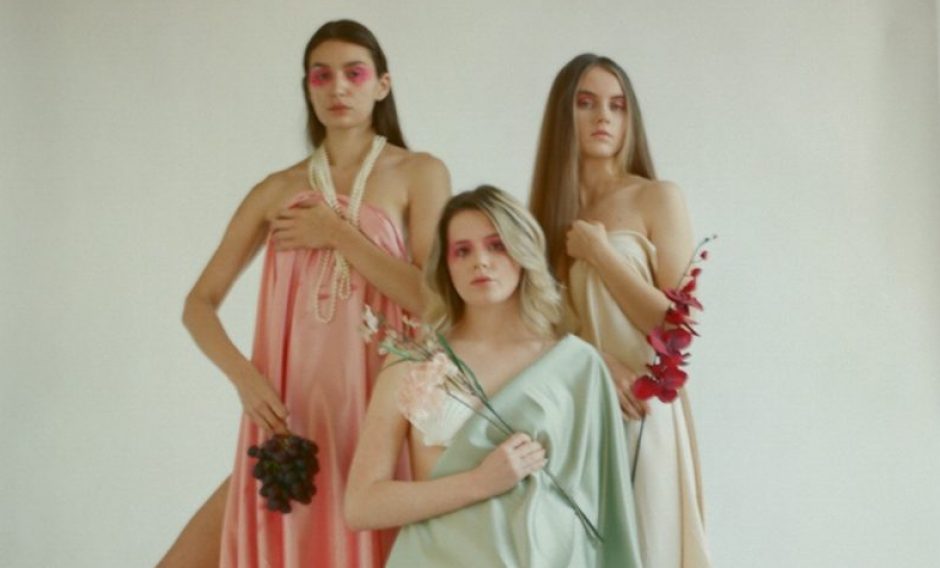*ARTICLE, NOT MY WORDS*
‘Somehow, almost in 2020, we still culturally function under the assumption that social media is supposed to be where we present our most natural selves, but that’s never been true. Even in the early days of 2012 Instagram where we used in-app filters (shudder) to yellow our lunch photos or add a grain to our low-quality shots of our favorite books, we’ve never sought reality on social media. It’s always been a platform of curation, and one where we present not necessarily our best selves, but a persona; ask anyone if they’re exactly who they are on Instagram, and you’ll probably get a sheepish shrug or an in-denial, “Definitely.” But the nature of Instagram, despite what its creators might have originally dreamed up, is such that you’re only ever going to present a small, small sense of yourself. And is that really bad? Do we actually owe our followings our authentic selves?’
‘Because presentation has always been a lie; it’s a performance. Even “no makeup makeup” is performative. As Jessica Teas wrote in The Cut in 2018, “When we say ‘no-makeup beauty,’ we’re no longer talking about leaving the house right after a shower. We’re talking about leaving the house after weeks of being massaged and lasered and filled and smoothed by a coterie of dermaroller-wielding experts.”
‘But what would a world look like if we stopped holding onto our most visually human selves and let ourselves truly experiment? In many ways, we’re already morphing as a result of our endless connection with technology: our spines are literally shifting as we develop “Text Neck.” There are new sunscreens to help us avoid skin damage from the blue light of our phones and laptops. Our thumbs are exhausted and losing strength from doing different work than they would have done 50 years ago. Maybe it’s time for us to stop trying to act like we aren’t, ourselves, heading toward becoming technology. Maybe it’s time for us to stop trying to be so human.’
